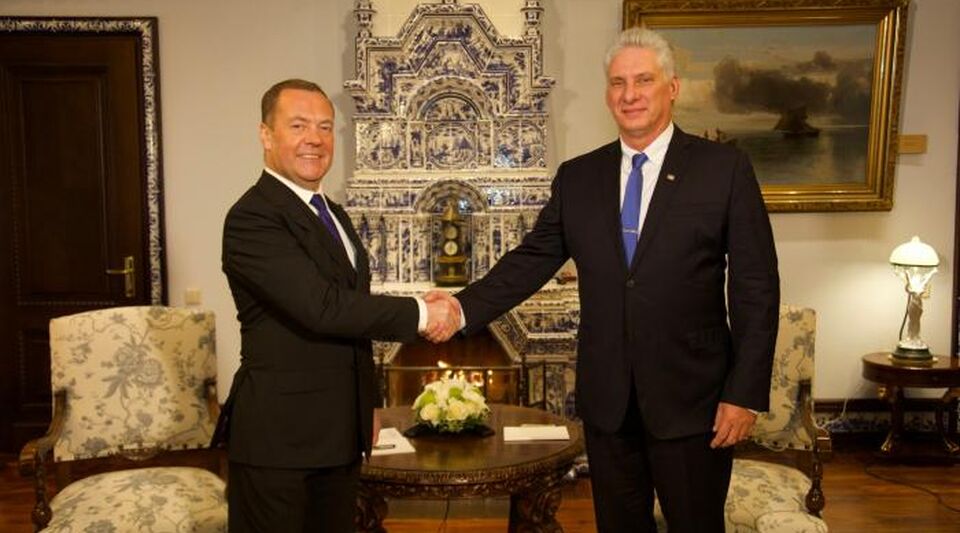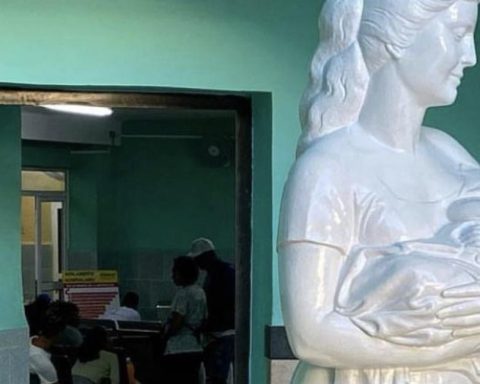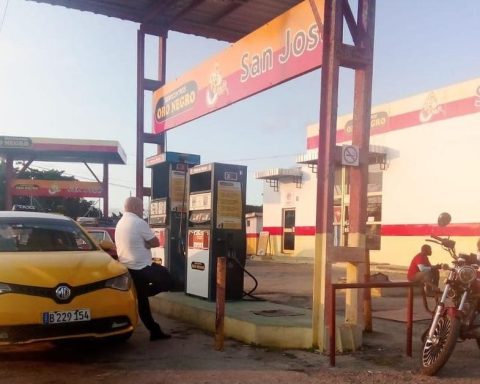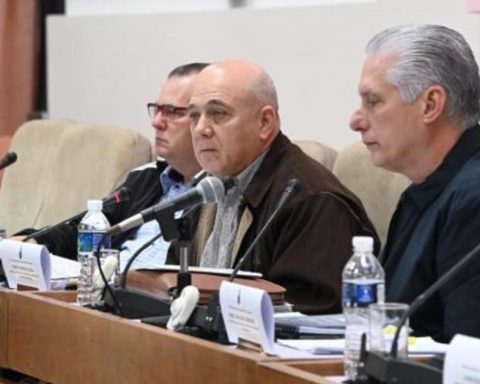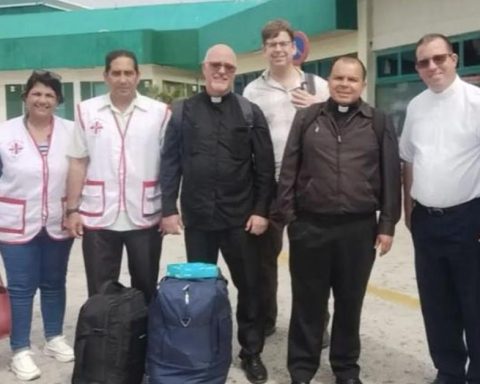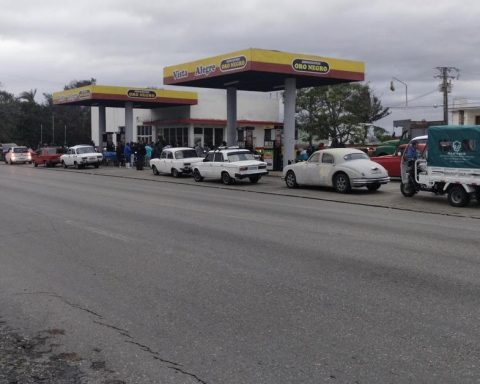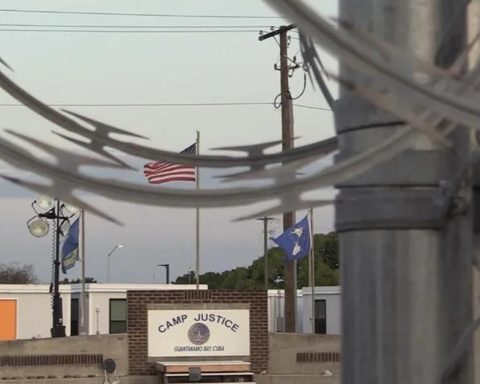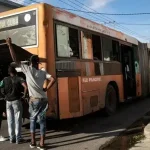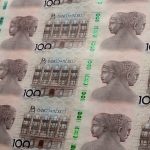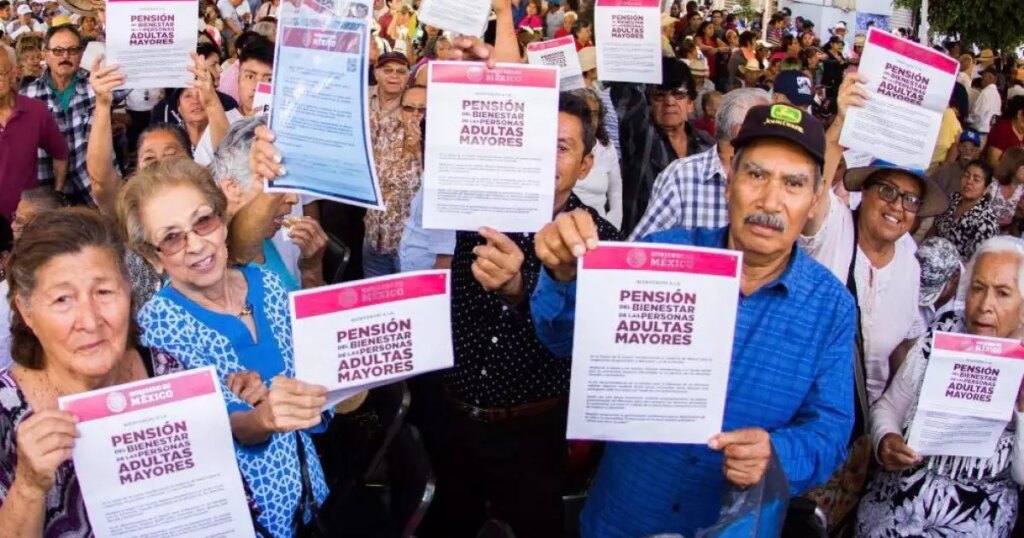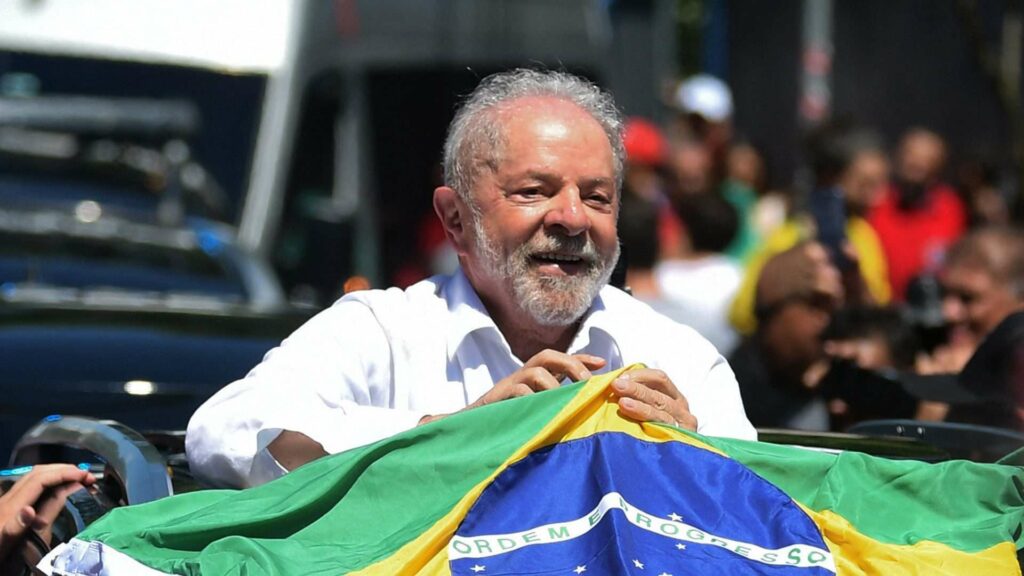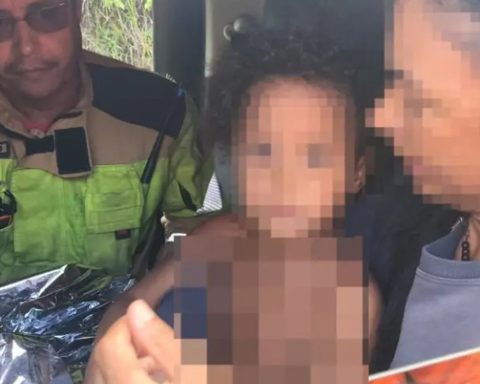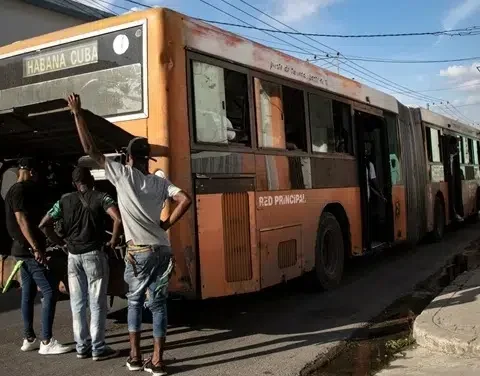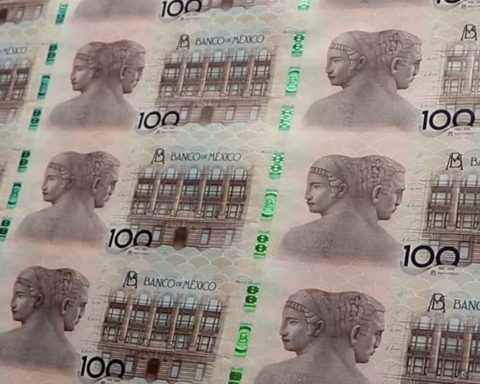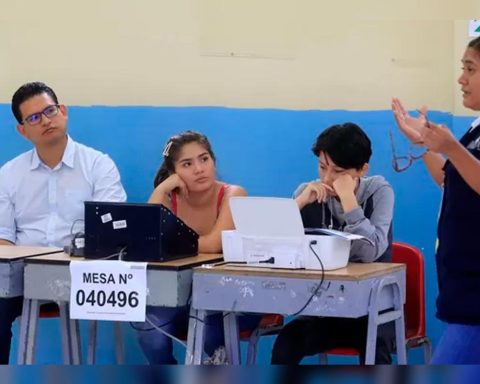This Tuesday is the day that Cuban President Miguel Díaz-Canel, on an official visit to Moscow, meets with his Russian counterpart, Vladimir Putin. Both plan to inaugurate a statue of Fidel Castro, in addition to addressing the “current state and development prospects of the Russian-Cuban strategic association in the political, economic-commercial, cultural and humanitarian spheres, as well as exchanging views on key issues of the international agenda,” according to a Kremlin statement.
Díaz-Canel has intervened this same day in the plenary session of the State Duma, the Russian Lower House, where he thanked the country for its solidarity and support in the face of what he calls the blocking from United States. The Cuban president stressed that his country appreciates the resolution that the Duma has approved annually for more than 25 years demanding the lifting of the US blockade.
“We appreciate this gesture and value it very much,” said Díaz-Canel, who pointed out, without any self-criticism, that “Cuba’s economic situation is complex at the present time due to a series of factors, mainly of an external nature.”
In “these difficult circumstances,” he added, “Cuba has the support and understanding of its closest friends, including the Russian Federation.”
“The causes of the current conflict in this area must be found in the aggressive policy of the United States and in the expansion of NATO towards the borders of Russia”
“Political relations between Cuba and the Russian Federation are excellent. There are broad coincidences on the main issues on the international agenda,” Díaz-Canel stressed.
At the same time, he stressed that “full development” of the economic-commercial ties between the two countries is still pending.
The Cuban president highlighted the humanitarian aid provided by Russia during the “pandemic peaks” of covid-19, as well as after the catastrophic fire in Matanzas.
In his speech, Díaz-Canel insisted that Cuba strongly condemns the “unilateral and unfair” sanctions imposed by the West on Russia in response to the Russian military campaign in Ukraine.
“The causes of the current conflict in this area must be found in the aggressive policy of the United States and in the expansion of NATO towards Russia’s borders, which Cuba has systematically denounced in international forums,” he emphasized, while He declared himself in favor of a “negotiated solution to the current conflict”.
At the end of his speech, Díaz-Canel thanked the Russian authorities for the gesture of dedicating a square in Moscow to place the monument to Fidel Castro. The inauguration of the effigy will take place three days before the six years since the death of the leader of the Cuban Revolution, who last visited Moscow in 1987, when the Soviet Union still existed.
This Monday, the president was received by the vice president of the Security Council of the Russian Federation, Dimitri Medvedev, at the Gorki residence, on the outskirts of the city of Moscow.
In the island’s economic development plan “until 2030,” Díaz-Canel indicates, without giving further details, “investments and the participation of a whole group of companies and joint programs are very present.”
In addition, his visit to the Russian capital included an interview on RT in Spanish, medium banned in the European Union as a result of the Russian invasion of Ukraine. In it, the Cuban praises the official television and declares that Russia and Cuba have an “excellent space for relations from the bilateral point of view in the political order.” Also, he says, “all kinds of steps are taken to deepen the economic relationship, the commercial relationship, on the basis that it is a mutually beneficial relationship.”
In the island’s economic development plan “until 2030,” Díaz-Canel indicates, without giving further details, “the investments and participation of a whole group of companies and joint programs that we have with the Federation of Russia”.
“It is always pleasant to return to Russia, a nation with which we maintain excellent political relations,” the president had written on Twitter upon arriving in the Eurasian country.
The last visit of the Cuban leader to Moscow to meet with the head of the Kremlin took place in October 2019.
The island’s government showed interest last week in importing Russian fertilizers, hydrocarbons and wheat, according to the Russian Ministry of Economy at the end of the bilateral intergovernmental commission.
Díaz-Canel has recognized that hydrocarbon supplies are essential to restore power plants and put an end to the chronic blackouts that torment the island’s inhabitants and that have been the source of the latest mass protests, settled with the usual repression.
The visit to Moscow takes place “at a very difficult moment for both Russia and Cuba,” when “the imperialist countries continue to impose sanctions on us,” the Cuban president also declared.
________________________
Collaborate with our work:
The team of 14ymedio He is committed to doing serious journalism that reflects the reality of deep Cuba. Thank you for accompanying us on this long road. We invite you to continue supporting us, but this time becoming a member of our newspaper. Together we can continue transforming journalism in Cuba.
